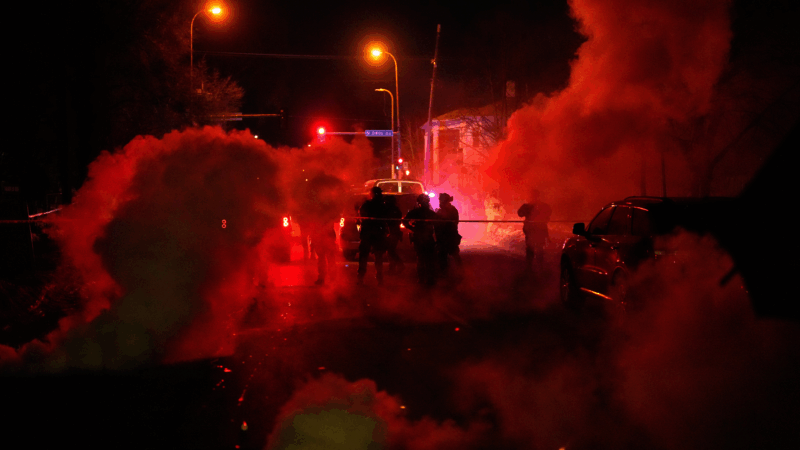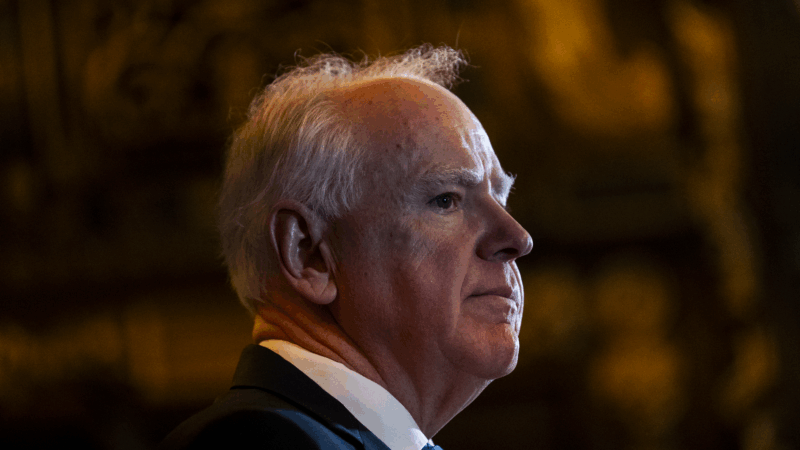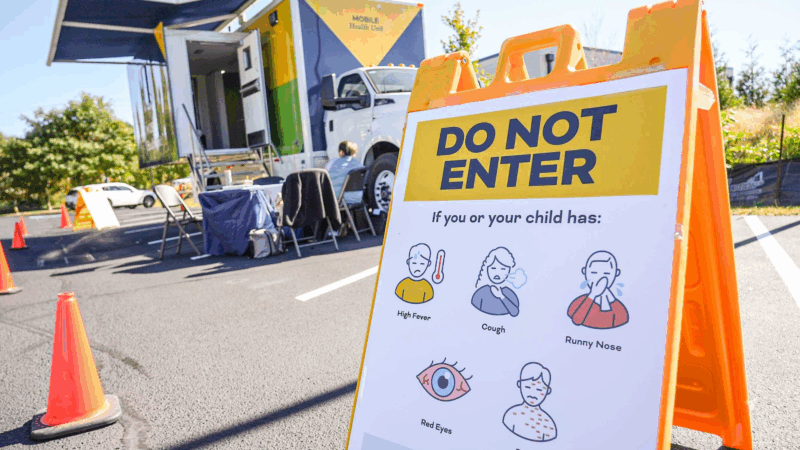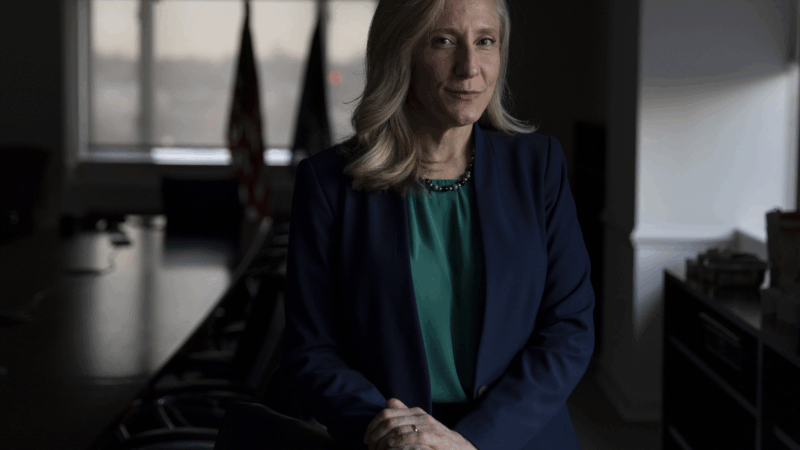College Virtual Learning Rife With Technical Challenges
Several Alabama colleges and universities welcomed students back to campus last week. Since the pandemic began, many schools have shifted toward more virtual instruction. For some students, that has introduced a lot of technical headaches.
Like thousands of students, Andrew Yarborough, a sophomore at the University of Alabama at Birmingham, finished out the spring and summer semesters with online classes. The transition wasn’t an easy one.
“I had a lot of trouble with my online classes just because, for starters, they weren’t formatted very well,” he said. “They were rushed online.”
“Also because, you really have to find what works for you and that’s a big shift to have to do immediately,” he said.
Yarborough said he learns better in person. But grasping the material wasn’t his only issue. Technical problems added another layer of stress and anxiety. For example, his computer wasn’t compatible with the virtual testing program.
“I ended up having to go buy a computer because I had online classes that used ProctorU,” he said.
ProctorU is a global online proctoring service based in Hoover. It allows students to take tests remotely while a proctor watches to make sure cheating doesn’t take place. The program requires a strong internet connection and a webcam.
But many students have privacy concerns. ProctorU must be able to remotely take control of a student’s computer. Others have complained about technical troubles — spending hours online with tech support, having to submit incomplete tests, or not being able to log into the program at all.
ProctorU declined an interview request for this story.
Armando Fox, a computer science professor at the University of California at Berkeley, said as schools moved to remote learning, a bigger issue was revealed.
“If the technical problem is that you can’t afford proper equipment that’s up to date, then that’s not really a technical problem. That’s a socio-economic problem.”
Fox said these issues have always existed, but now they’re harder to ignore. He said things such as broadband access will play a huge role in determining students’ academic success this semester.
Those without high-speed internet have gotten creative, spending late nights at McDonald’s parking lots just for the WiFi. Some students have reported driving onto campus for an internet connection. But even that can be unreliable, Doug Bonderud, a tech blogger said.
“The databases and servers that universities and colleges use are old and they’re just not able to handle these kinds of connections at scale,” he said. “It might take them a really long time to return data, connections may drop and all those things are challenging for students.”
He said students aren’t the only ones bearing the brunt of glitchy technology. Professors are in the same boat. Bonderud said instructors have to plan virtual coursework and convert the material for use online.
“And to add to that, someone says to them, well, additionally, you need to become sort of a tech expert just … right now, right here,” he said. “And some people simply aren’t technologically inclined.”
When students encounter issues submitting a test or an assignment, he said, there’s not much an instructor can do. Bonderud said it’s unclear whether colleges and universities are prepared for all the technological challenges this semester. Many schools learned from their mistakes over the summer, but he said the pandemic has taught people that it’s really impossible to be fully prepared for anything.
Judge rules immigration officers in Minneapolis can’t detain peaceful protesters
Officers in the Minneapolis-area participating in a U.S. immigration enforcement operation can't detain or tear gas peaceful protesters who aren't obstructing authorities, a judge ruled Friday.
Justice Department opens investigation into Minnesota governor and Minneapolis mayor
Federal prosecutors are investigating Gov. Tim Walz and Mayor Jacob Frey.
No sign of new protests in Iran as a hard-line cleric calls for executions
A Iran returns to an uneasy calm after protests led to a violent crackdown, a senior cleric is calling for the death penalty for detained demonstrators. His sermon Friday also threatened U.S. President Trump.
Gulf South food banks look back on a challenging year as another shutdown looms
Federal funding cuts and a 43-day government shutdown made 2025 a chaotic year for Gulf South food banks. For many, the challenges provide a road map for 2026.
Measles is spreading fast in S.C. Here’s what it says about vaccine exemptions
More than 550 people have contracted measles in Spartanburg County, S.C., in a fast-growing outbreak. Like a majority of U.S. counties, nonmedical exemptions to school vaccination are also rising.
It took 75 governors to elect a woman. Spanberger will soon be at Virginia’s helm
Abigail Spanberger, a former CIA officer and three-term congresswoman, is breaking long-held traditions on inauguration day. She says she wants her swearing-in to showcase the state's modern vibrancy.







